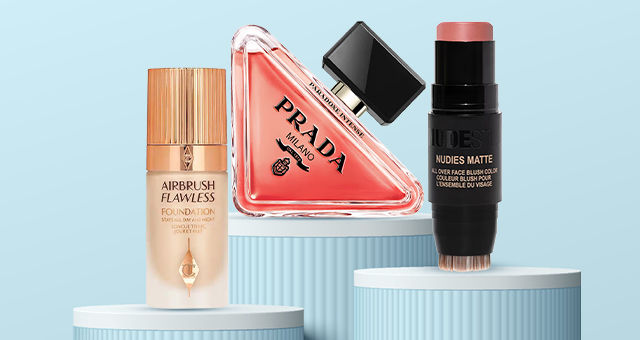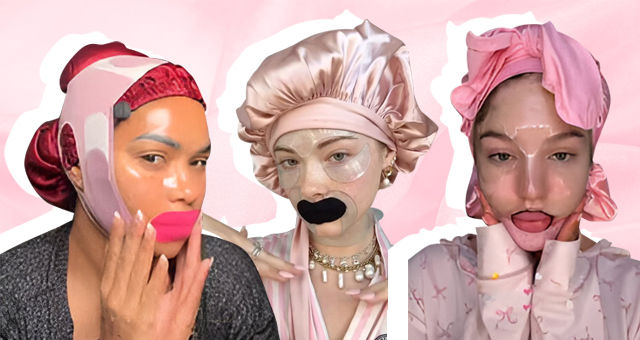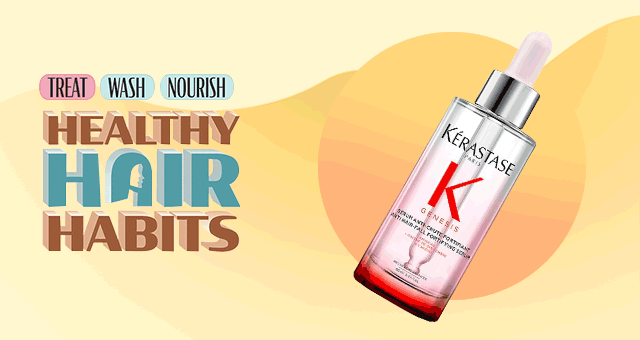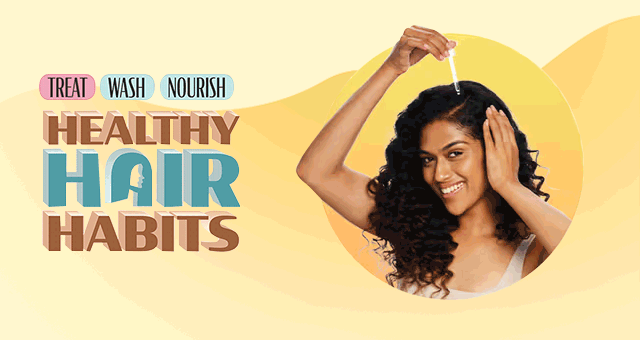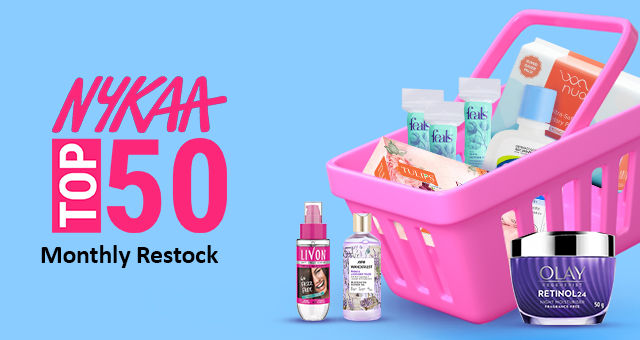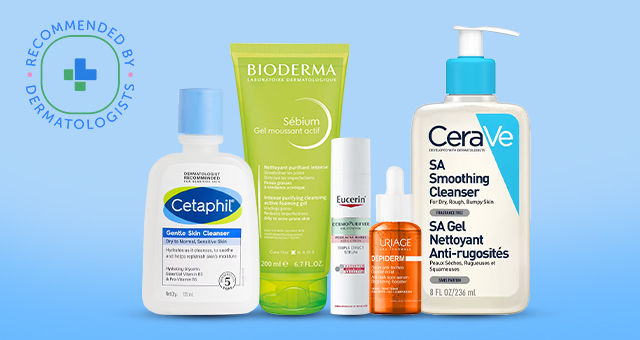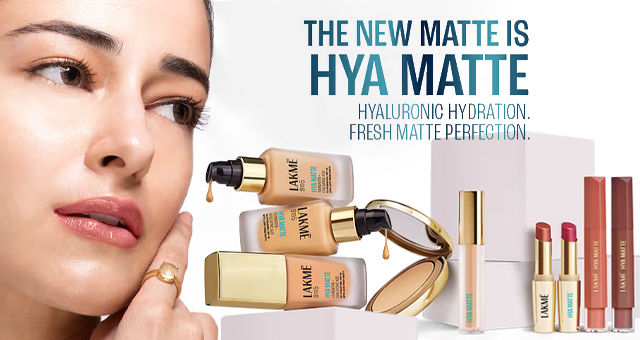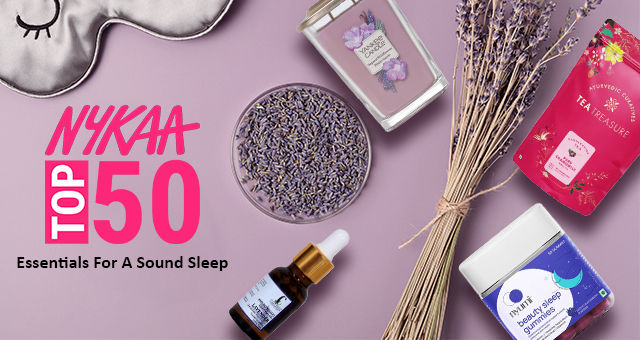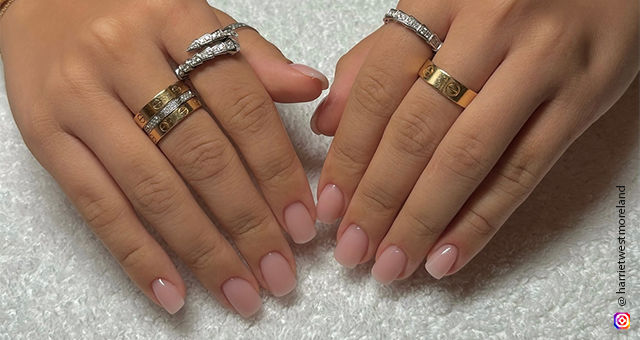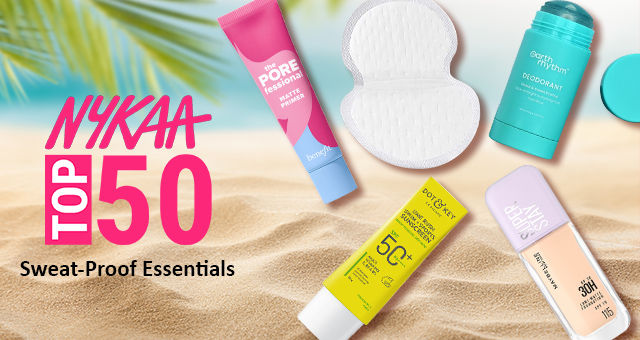
In This Story:
From one acne-ridden individual to another, it’s a tough life. Probably one of the toughest skin types to care for, acne-prone skin requires you to go the extra mile when it comes to your skincare or even makeup routine. Acne can be a menace but with the right pimple-prone skincare routine you can clear up your acne and prevent breakouts before they even occur.
The most important thing to remember is to understand your skin. Listen to what your skin needs and provide targeted solutions that will do more good than harm. Although, reducing acne is a long and tedious journey, following a consistent skincare routine for pimples can help you reach your skin goals faster.
Before we start elaborating on the best skincare regime for acne-prone skin, let’s talk about what causes acne and the different types of acne.
What Is Acne
Sebaceous glands pump out an oily material called sebum to keep your skin moist and lubricated. In case of excess sebum production, this sticky material clogs follicles on your skin and their openings called pores, hence causing an inflammation which becomes pimples. Clogged pores that aren’t inflamed are called whiteheads or blackheads, depending on whether they open onto the surface of the skin or not.
What Causes Acne?
As for the causes of acne, the biggest trigger is hormones. Acne is more common in adolescents and teens because that’s when their body starts producing testosterone, which directly helps their sebaceous glands in overdelivering.
Genetics are a factor too. If either or both of your parents are acne-prone, that may be one reason you are as well. Stress also appears to contribute to acne outbreaks in some people.
Types Of Acne
If you have acne-prone skin, these are the six types of lesions that you might be experiencing.
- Blackheads are uninfected, clogged follicles that appear as dark bumps on the surface.
- Whiteheads are clogged follicles covered by a thin layer of skin that appear as white bumps or spots.
- Papules are inflamed lesions that may appear red and can be sensitive and painful.
- Pustules are inflamed lesions that are generally pus-filled. May appear white or yellow.
- Nodules are a severe form of lesion that develops under the skin and don’t contain pus.
- Cysts are severely inflamed and pus-filled and mostly require medical treatment.
Importance Of A Skincare Routine For Ance-Prone Skin
Following a skincare routine for acne-prone skin regularly can do wonders for your face. With consistent use, you can reduce breakouts, maintain the moisture barrier, promote healing, diminish dark spots, decrease excess oil production, and improve overall skin health.
A proper skincare routine for pimples can regulate oil production which is one of the leading causes of acne and keep your pores clean and unclogged to avoid accumulation of acne-causing bacteria. The most important step in your pimple-prone skincare routine should be cleansing, nourishing, moisturising, and protecting with a simple CSMS routine. Occasionally you can also exfoliate and mask to promote cell regeneration.
Daytime Skincare Routine For Acne-Prone Skin
How you begin your day says a lot about your acne treatment. It’s important to follow an extensive daytime skincare routine before you step out of the door, no matter how late you’re running. So here is our list of the best acne products you need:
1. Best Cleanser for Acne
What: Dermalogica Special Cleansing Gel

Why: One of the best face wash for acne-prone skin, this toughie is gentle on your skin but harsh on acne. The gel-based, oil-free formula gently cleanses your skin from deep within and prevents future breakouts, making it the best acne face wash.
2. Best Exfoliator for Acne
What: Mamaearth Charcoal Face Scrub

Why: What makes this the best scrub for acne-prone skin is the fact that Activated Charcoal and Walnut grits remove every bit of excess oil from the deepest pores. With this clarifying beauty by your side, blackheads and whiteheads will be out of the window.
3. Best Toner for Acne
What: The Face Shop Dr.Belmeur Clarifying Toner

Why: We have our reasons for branding this as the best toner for acne. Infused with Beta-glucan, Chaga Mushroom extract and Blue Citrus Peel extract, this must be the latest addition to your acne treatment army. All these ingredients clarify sebum and maintain your skin's balance.
4. Best Serum for Acne
What: Kiehl's Clearly Corrective Dark Spot Solution

Why: Removal of acne scars is almost as critical as acne removal itself. As a part of the acne scar treatment, this face serum evens out skin tone, diminishes dark spots and fades acne scarring in less than two weeks, thanks to Activated C A potent next-generation active and White Birch extract.
5. Best Moisturiser for Acne
What: Avene Revitalizing Nourishing Cream

Why: Why use a random moisturiser when you have this acne expert at hand? Hands down, the best acne cream, this pro is infused with three advanced anti-acne actives. Targets adult acne removal and removal of acne scars, especially in case of oily skin.
6. Best Sunscreen for Acne
What: Kaya Ultra Light Aquagel Sunscreen SPF 25

Why: One of the best acne treatments is protecting your skin from damaging UV rays, which is why you need the best sunscreen for acne-prone skin. This gel-based, fragrance-free formula does not clog pores and provides superior sun protection while delivering a weightless, matte finish.
Night Time Skincare Routine For Acne-Prone Skin
Apart from the usual cleanser-toner-serum-moisturiser routine that you need to repeat once you’re ready to crash at the end of the day, there are a few additional steps that you should add to your nighttime skincare routine. This is primarily because your shut-eye time is exactly when your skin is most able to absorb topical treatments and DNA repair is boosted. Basically, your skin’s ability to repair itself is directly proportional to the feeling of fatigue that you experience at the end of the day. Here are the best products for acne-prone skin:
1. Best Cleansing Oil for Acne
What: Dr. Sheth's Moringa And Vitamin C Cleansing Oil

Why: Our skin restores itself at night, and at the end, our skin accumulates dust, dirt, grime, and other impurities along with stubborn essentials such as sunscreen and makeup products. If you don’t clean your skin thoroughly, it won’t be able to restore itself and thus, incorporating a cleansing oil will help you unclog your pores and offer a deep cleanse before you head in with a water-based cleanser.
2. Best Acne Spot Corrector
What: Dot & Key Cica Clear Spot Correction Gel With 2% Salicylic Acid

Why: Made with 2% salicylic acid this spot corrector reduces 98% of the visible acne marks within 8 hours making it the perfect addition to your nighttime routine. Not only does it reduce acne marks, but it also prevents pimples from breaking out. This lightweight and gel-like consistency smoothens irritation and redness as well.
3. Best Under-Eye Cream
What: L'Oreal Paris Glycolic Bright Dark Circle Eye Serum

Why: If acne troubles are keeping up at night leading to raccoon-like dark circles, then you can get rid of them too a nighttime routine! This under-eye serum de-puffs, hydrates, and brightens the skin under your eyes. It also reduces signs of ageing, UV exposure, and inflammation.
4. Best Face Pack for Acne
What: Kama Ayurveda Nimrah Anti Acne Face Pack

Why: Easily one of the best acne treatments out there, we’re raving about this Ayurvedic anti-acne wonder. An effective mix of Vetiver, Ashwagandha, Red Sandalwood, Coriander, Lodhra and Liquorice, this pack targets acne, pimples, acne scars, and dark circles. To be used twice a week.
5. Best Acne Cream
What: The Pink Foundry Acne Spot Corrector

Why: Wanna know why we call this the best acne best acne cream? Here’s why. Enriched with a blend of 5 actives – salicylic acid, sulphur, calamine, zinc oxide, and glycerin this acne cream targets acne-causing bacteria and removes it from the skin’s surface. It effectively reduces the redness of the skin and maintains the correct moisture balance, so you witness renewed skin in the morning. Moreover, it also reduces acne marks and helps you wake up to healthy glowing skin.
6. Best Face Mask For Acne
What: Dot & Key Anti-Acne Salicylic Green Clay Face Mask

Why: This face pack reduces active acne, redness of the skin, and irritation. Removes oil and dirt while unclogging and cleaning out your pores. The thick clay-y texture also makes it a fun experience to enjoy with besties and washing it off is even more satisfying.
Acne Removal Tips
Here are some acne remedies and acne removal tips:
- A major part of acne treatments is watching what you eat. A diet that’s high in glycemic index can infuriate your acne situation majorly. Avoid refined carbohydrates and sugars along with highly processed foods that are easily broken down in the gut to increase blood sugar levels. This spike triggers a cascade of effects that causes the skin to produce more oil and plug the pores, which sets the stage for acne.
- Include more of fish, healthy fats, antioxidant-rich fruits and veggies, nuts and yoghurt. Stay away from chocolate and dairy products since they prompt the release of insulin and growth hormones which could be a trigger point for acne.
- Even if you’re using the best face wash for acne, you should not wash your face more than twice a day. While over-cleansing won't make acne worse, it can cause dryness and inflammation, making your skin feel itchy and tender.
- Remember that the best face wash for acne-prone skin should either have Glycolic Acid or Salicylic Acid. The best acne face wash should, however, have a combination of both.
- Don’t use harsh, granular exfoliators very often because they can irritate inflamed skin, causing tiny tears. Go for a gentler formula twice a week.
- The biggest don’t of acne-prone skin: Don't pick, pop, squeeze, or mess with your skin. This can lead to infections and permanent scarring.
- Refrain from touching your skin very often to avoid transmission of bacteria. Also, clean your phone using an anti-bacterial wipe and wash your pillowcase, or for that matter anything that comes in direct contact with your face, regularly.
- As a part of acne treatment, many people apply topical acne cream to only the current zits. The idea is to also prevent new ones from forming, so apply it to the entire problem area.
- Ensure that no hair care products come in contact with your face during a hair wash. If you are suffering from a bad bout of bacne, don’t let the conditioner sit on your back. Clip your hair on top until you’re ready to wash the product off. As a safe bet, always wash your face last before exiting the shower.
- Get out of your sweaty clothes and shower immediately once you’re done with your workout. Letting sweat settle on your face and body is a direct invitation to acne.
Parting Thoughts
With the right pimple-prone skincare routine you can bid adieu to acne, whiteheads, blackheads, and even cysts. With the right formulation, concentration, and ingredients, a skincare routine for pimples can do wonders for you. All you need to do is maintain consistency when it comes to skincare and a proper diet to prevent acne-causing bacteria.
FAQs on Skincare for Acne-Prone Skin
-
I have active acne. Should I stop wearing makeup altogether?
You don’t need to shy away from makeup completely, just be smart about it. As a thumb rule, apply only powder-based or gel-based makeup products on your face. The problem with cream-based and liquid-based formulas is that they settle in your pores and promote bacteria growth. Our best bet is mineral makeup because it’s oil-free. Also, use a light hand while applying the foundation. Too many layers of a heavy formula can aggravate your acne and make the texture look blotchy. Instead, stick to a single layer of a sheer foundation and leave the actual concealing of the acne scars to colour correctors.
-
When should I see a dermatologist?
If your skin doesn’t respond to over-the-counter topical and oral medication even after trying for 4-12 weeks, visit a dermatologist at the earliest since severe acne requires aggressive treatment to prevent scarring.
-
Is acne contagious?
Contrary to popular belief, acne is not contagious.
-
I don’t want to use medication. Can home remedies also be a part of acne treatment?
Many home remedies have proven to be effective in treating both acne and acne scars. For more deets on home remedies for acne, head over to
-
Why do I experience more skin breakouts as my period draws closer?
The culprit behind menstrual acne is the hormone progesterone. It causes a rapid increase in the production of sebum from facial oil and this causes acne. When the excess oil clogs a pore, it results in a breakout.
-
Should I moisturise my skin or do creamy formulas aggravate acne?
No, moisturising your skin does not cause acne. In fact, hydration is a very important part of acne treatment as it loosens the sebum build-up inside your pores. However, you need to stick to a moisturiser that’s designed for acne-prone skin.
-
What is the one criterion that I should look for in all skincare and makeup products?
The one key feature that you need to look for in case of acne-prone skin is non-comedogenic, which means that the formula doesn’t clog pores.

